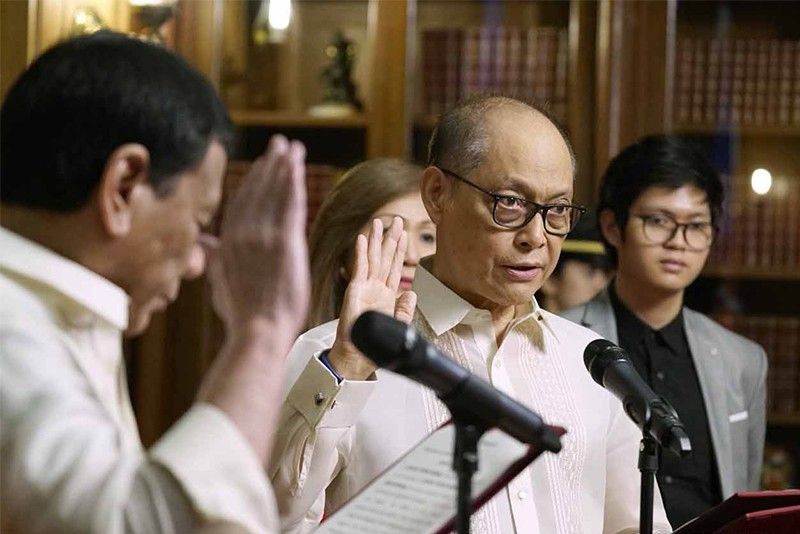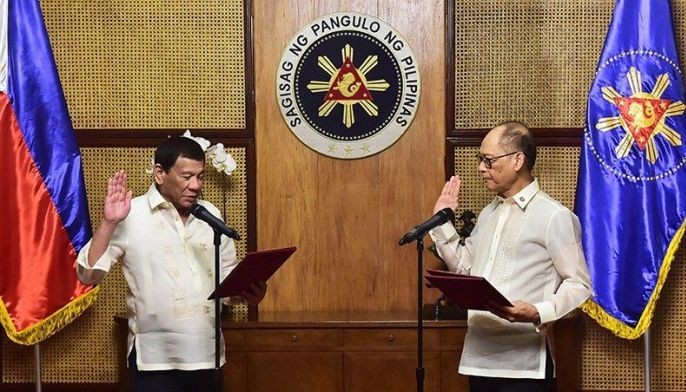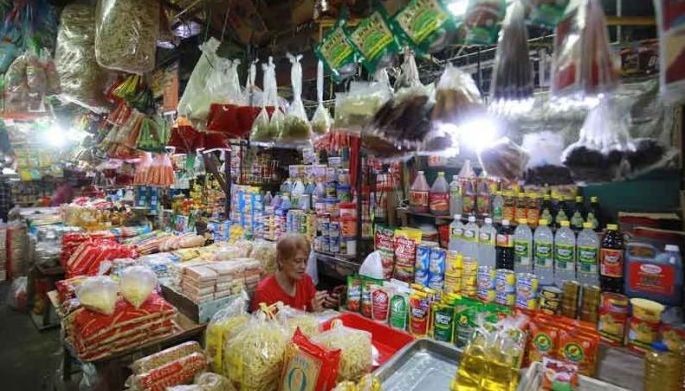Bangko Sentral seen easing monetary policy to fuel domestic activity

MANILA, Philippines — The Bangko Sentral ng Pilipinas will likely ease monetary policy this year in response to slowing domestic activity — a move which could slow the pace of improvement in the country’s trade imbalance, a global bank said.
The central bank hiked its policy rate by a cumulative 175 basis points last year after inflation hit a near-decade high in September and October. Soaring prices have eased since then.
In a commentary dated March 25, ANZ Research said the BSP is set to embark on an easing cycle that will encompass cuts in both the policy rate and bank reserves, as inflation returns into the government’s target zone.
On the possible reduction in reserve requirement ratio, ANZ said it expects bigger cuts in 2019 than the 200 basis-point decrease last year.
“The measure should help to alleviate the receding liquidity position in the economy,” ANZ Research chief economist Sanjay Mathur said, adding that the rate cuts are projected to “swiftly” work their way through the economy.
At their March 21 meeting, the policymaking Monetary Board left the benchmark rate untouched at a decade-high of 4.75 percent, saying prevailing monetary policy settings “remain appropriate” amid cooling inflation.
The Philippine economy grew 6.2 percent last year — its weakest pace in three years and below the state’s 6.5-6.9 percent goal — after red-hot inflation and higher borrowing costs sapped consumer spending, which has traditionally been the driving force behind growth in the Philippines.
In the same commentary, ANZ noted that trade deficit in the Philippines has stabilized “albeit at an elevated level,” adding that while such a development is positive, the improvement suggests “a remarkable weakening in economic activity” that would warrant a policy response.
“The improvement in the trade imbalances has mainly been driven by broad-based weakness in imports and not a pick-up in exports. This suggests deterioration in domestic economic activity in these economies,” ANZ’s Mathur said.
“Further progress in reducing the trade deficits would therefore depend on the response of policymakers to support domestic demand... Measures to shore up domestic demand will slow the pace of improvement in the trade imbalances in light of the still challenging export backdrop,” he added. — Ian Nicolas Cigaral
- Latest
- Trending



























